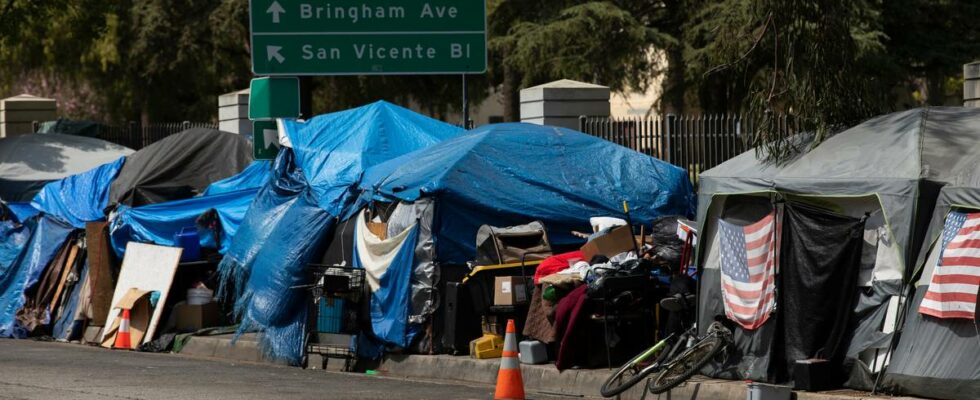The world’s eyes are on the United States, where Donald Trump has once again become president – a disturbing signal about today’s America. But it is not the first signal, nor the thousandth. The modern United States has for several decades become less and less stable. Trust in institutions and fellow human beings has reached historic lows. The political polarization is extreme, and threats of social unrest are never far from the news. It is no coincidence. Growing inequality characterizes the entire Western world, but it is clearly most striking in the United States. There, the richest 1 percent earned as much as 21 percent of the country’s income in 2020, significantly higher than in Europe, where the average is around 11 percent. No Western European country has been higher than 15 percent since World War II. When it comes to economic inequality in the Western world, the United States reigns alone at the top. That inequality has a direct impact on society. It weakens the foundations of democracy, increases political polarization, and undermines trust between people. The vast majority of Norwegians share these concerns, which recent NHH surveys confirm. The root of Norwegian society lies in having understood this – we know that low inequality is simply effective. At the same time, the United States is facing exactly these challenges. This spring I lectured on economic inequality at UC Berkeley, and the contrast was striking. Homelessness has taken over the streets, distrust is sky high, and students don’t know how to trust the system or begin to improve the situation. People simply live different lives. The social structures are decaying, and neither rich nor poor can solve the impossible tangles. But this is by no means a new phenomenon – even if it is getting worse. Nor was it created by Trump. In the 1980s, inequality in the United States was about the same as in today’s Europe. Capitalism won the Cold War, Americans rejoiced, and precisely that led to a great acceptance of inequality and distrust of institutions. A couple of decades of regressive tax policies and union busting later, here we are with Trump. The policies that increased inequality were popular – this was not about an elite going against the will of the people. But the plan has turned out to be the economical version of empty calories. Delicious in the moment, boring a couple of decades later. The feeling of injustice is now impossible to avoid in the United States. It is a vicious circle: People who feel trapped in an unfair system are rarely steadfast in their principles. Then the injustice increases again, the principles are pushed even further under the rug, and the injustices become even greater. Low inequality is simply effective, writes Morten Nyborg Støstad. It may particularly affect politicians and journalists. The media system in the US has been driven by clicks and profit, without respect for journalistic principles. Politicians are more concerned with re-election than improving society – hence the frustration that led to Trump. But this is not about weak individuals. It is difficult to be principled in an unprincipled society. Social media reinforces these trends, both in the US and in Norway. Fewer people watch Dagsrevyen and more people watch TikTok. And Instagram and Snapchat – American products that import American values. Certain serious actors are overshadowed by a flood of misleading and sensationalized content. Politics and social relations in fast food form, quite simply. It is dangerous. We must dare to talk about solutions that may seem extreme – such as age limits, limiting political content on social media, or even removing the “feed” functions that feed us algorithmically determined videos. Perhaps extreme, but there is no natural law that dictates that we must let social media influence us to the extent that they do. At the same time, it is most important that we protect the special Norwegian economic equality. It has long been a quiet backbone in our stability and our trust in each other. The state has prioritized educating everyone, and it has worked; the vast majority of Norwegians are sensible citizens with general knowledge and good values. It gives us stability, and allows us to stand firm in the face of crises. We can disagree without tearing each other to shreds. We have a common ground, even in our differences. We have to make sure to keep that equality. It’s not going to be easy, or cheap. It costs money to create economic equality. It costs when unions go on strike, or the richest go to Switzerland. But the similarity also creates advantages that are difficult to see. A stable society several decades later, for example. Reliable news sources. The lack of a Norwegian Trump. We must be willing to pay for these benefits. We simply have to eat wholemeal bread. Send us your opinion Want to write? Feel free to contact us at news Ytring with your post. The guidelines can be found here. Published 24.11.2024, at 13.42
ttn-69
Economical fast food – Statement

